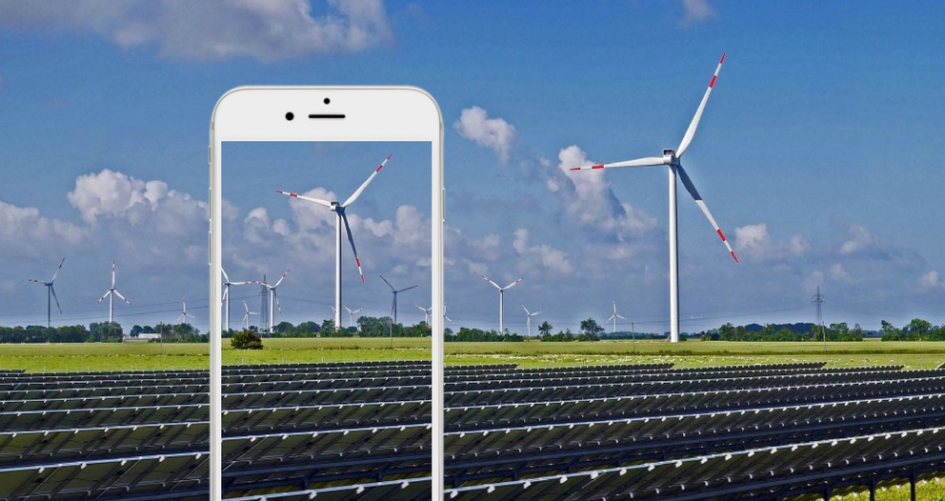The need for harmonized standards and approaches for quantifying the greenhouse gas (GHG) impacts of investments
One of the Paris Agreement’s key aims is to achieve climate neutrality in the second half of this century. The recent IPCC report noted that the pathways limiting global warming to 1.5°C would require rapid and far-reaching transitions in energy, land use and infrastructure requiring unprecedented financial flows.
Equally, achieving the Sustainable Development Goals (SDGs) requires an enormous transition away from fossil fuels towards sustainable, low-carbon development, backed and supported by appropriate financial flows.
The transparency, accuracy and comparability of climate actions, also called upon by the Paris Agreement, are the key pillars to build mutual trust and confidence among all actors in order to quantify and report the greenhouse gas emissions of their financial contribution/investments.
Estimating the impact of investments, on greenhouse gas emissions, in a transparent and comparable manner can be achieved only through common principles for GHG accounting supported by credible and robust standards. However, a plethora of standards currently available creates confusion among climate actors (e.g., donors, clients, and co-investors).
In the light of the foregoing, there is a strong and urgent need for credible, harmonized and widely accepted standards covering a broad range of economic sectors that meet the expectations of the climate investors.
Encouragingly, a group of International Financial Institutions (IFIs) recognized the need for action and began developing best practices for the reporting of environmental and climate change impacts.
To speed up the work, the Technical Working Group of the International Financial Institutions (IFI TWG), recently requested the UNFCCC secretariat to serve as the Group Coordinator in addition to providing technical expertise, recognizing its distinctive competencies on development of GHG accounting methodologies.
Infographics 1: The need for harmonization on estimating impact of investments on GHG emissions




